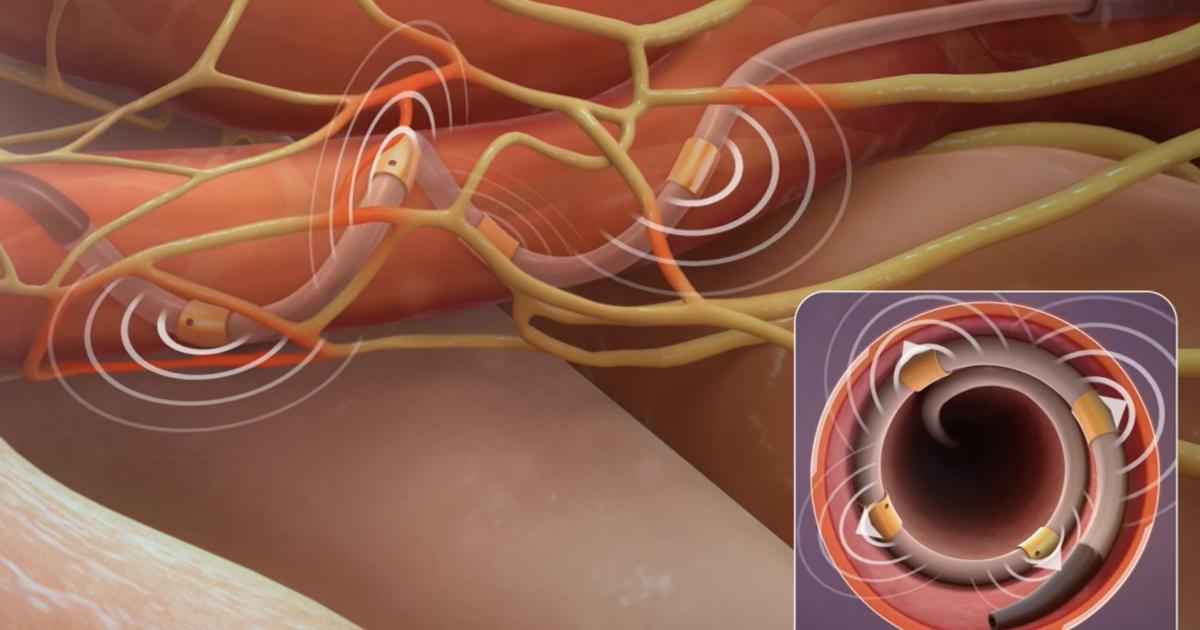Cardiovascular
FDA panel votes not to endorse Medtronic renal denervation system
“We appreciate the robust conversation that occurred prior to the vote,” Jason Weidman, senior vice president and president of the coronary and renal denervation business at Medtronic, said in a prepared statement after the vote was announced. “We will continue to collaborate with the FDA on bringing a new option to the millions of people living with high blood pressure.”
This does not represent a final decision from the FDA. The agency often votes in line with its advisory panels, but this is not always the case.
FDA advisory panel members discuss their perspective on the Symplicity Spyral Renal Denervation System
One panel member who voted in favor of the Medtronic device for all three questions was Randal Starling, MD, MPH, a cardiologist with Cleveland Clinic. Starling said he felt comfortable with the available data and highlighted the “unmet need” that still exists when it comes to treating uncontrolled hypertension.
“Hypertension is not effectively treated with current tools, and more tools are needed to treat blood pressure,” he said.
Keith Allen, MD, a cardiothoracic surgeon with St. Luke’s Hospital in Kansas City, said he voted “no” to the questions related to efficacy and risks, just as he did for the Reco Medical RDN device the day before. He highlighted the negative results from the SPYRAL HTN-ON MED trial and described the procedure’s efficacy as “mild at best.”
“Sometimes we like to think that the threshold for efficacy should be lowered when the device is very safe, but we still have to think about the overall healthcare burden,” he said.
Another panel member who voted “no” to the second and third question was Julia B. Lewis, MD, a professor of medicine with Vanderbilt Health. Lewis shared her own thoughts about the risks vs. benefits conversation.
“I think we have to be cautious not to confound the desperateness of the unmet need with a willingness to throw anything at that unmet need,” she said. “It’s not going to help people’s blood pressure and their cardiovascular outcomes to have a procedure that is potentially either ineffective or minimally effective.”
The panel’s full discussion about the Medtronic RDN system can be viewed here. Additional details about the panel’s meeting are available here.

